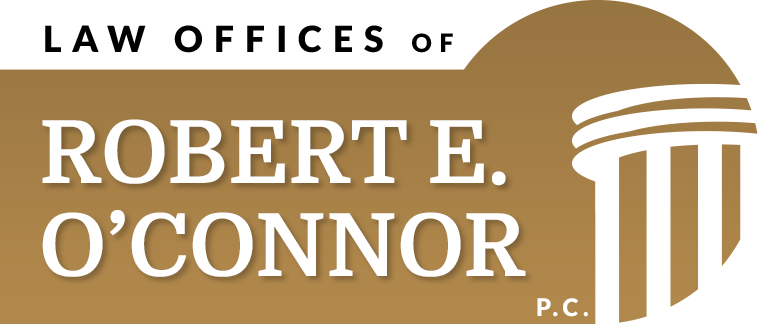Four Crucial Elements of Estate Planning

Estate planning can feel intimidating. After all, there’s much to discuss and many topics to pin down before the process is over. However, taking the time to plan your estate is one of the most important steps you can take to ensure that your assets are distributed according to your wishes. The team at the Law Offices of Robert E. O’Connor, P.C. is here to help you navigate the four elements of estate planning with ease. Consult with our Media, PA attorney today, or learn more about the basics of creating an estate plan.
What Are the Major Elements of Estate Planning?
Estate planning doesn’t have to be complicated! With good legal assistance, you can handle these four elements of estate planning with minimal stress:
1. A Will or Living Trust
A will or a living trust forms the foundation of estate planning. Both tools help distribute your assets, but they work in different ways. A will is a legal document providing clear instructions for managing your estate after you pass away. These documents allow you to name an executor and specify guardianship for children or dependents.
A living trust, on the other hand, places your assets into a trust while you’re alive. These assets are then managed by a trustee, and they pass directly to beneficiaries upon your death. This means your heirs can avoid the confusing probate process and streamline the transfer of assets.
2. Power of Attorney
A power of attorney (POA) is a critical element of estate planning that enables someone you trust to manage your financial and legal matters if you’re unable to do so yourself. Imagine you’re incapacitated due to illness or an accident—who would pay your bills, handle taxes, or manage investments? A durable power of attorney ensures someone you trust has legal authority over your assets.
3. Health Care Directives
A health care directive, also known as a living will or advanced directive, clarifies your medical wishes in case you’re unable to communicate them due to illness or incapacity. It ensures that medical providers and your loved ones fully understand your preferences for end-of-life care. By having a health care directive in place, you take the burden of difficult medical decisions off your loved ones during a crisis.
4. Beneficiary Designations
As you pull together the elements of a good estate plan, don’t forget to update your beneficiary designations. Outdated designations, such as a former spouse or a deceased individual, can create complications and go against your current wishes. Regularly revisiting and updating these designations guarantees that your assets will go to the intended recipients without unnecessary delays or confusion. Be sure to review these accounts as you update your beneficiaries:
- Retirement accounts like 401(k)s and IRAs
- Life insurance policies
- Bank accounts
Additional Elements of an Estate Plan to Consider
In addition to the four main elements of estate planning, you should also consider the following factors as you plan for the future:
- Minimizing Taxes—Explore strategies to minimize estate taxes, particularly if you’re transferring significant wealth.
- Digital Assets—Remember to include digital assets in your estate plan, such as email accounts, social media profiles, and digital subscriptions.
- Personal Property Memorandum—A will or trust typically handles major assets, but for sentimental belongings like family heirlooms, consider creating a supplementary memorandum.
Get Peace of Mind While Estate Planning
Taking control of your legacy through careful estate planning allows you to protect your loved ones and honor your wishes. Whether you’re creating your first will or updating existing plans, the Law Offices of Robert E. O’Connor, P.C. is here to help. Our attorney has years of experience in estate law and can help you create an airtight plan. Contact us today to schedule a consultation.
